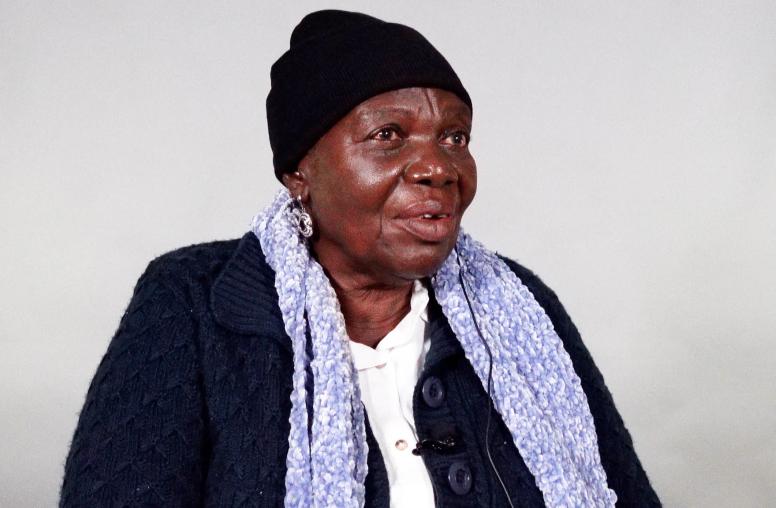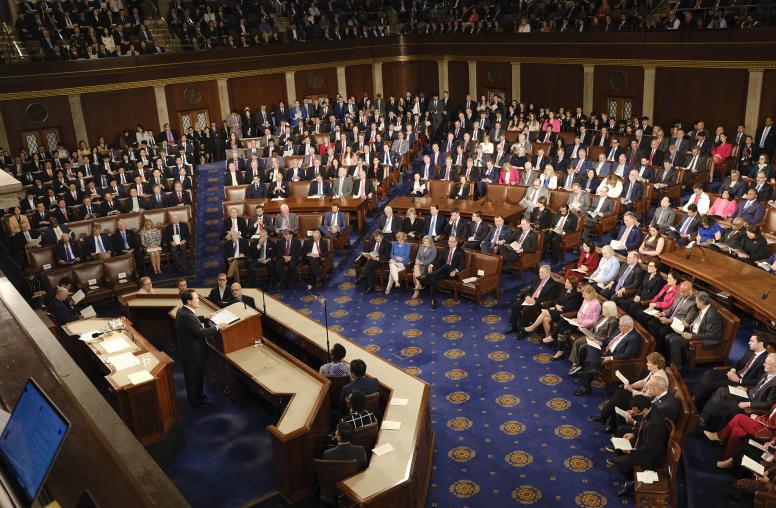How to Advance Inclusive Peace Processes
Mobilizing Men as Partners for Women, Peace, and Security
Efforts to develop more inclusive peace processes are making progress. Yet, 20 years after the passage of U.N. Security Resolution 1325 on women, peace, and security, very few women are currently part of formal peace processes. This gap is exemplified by the recent struggles of Afghan women to be included in peace talks and U.N. reports that showed between 1990 and 2017, women constituted only 2 percent of mediators, 8 percent of negotiators, and 5 percent of witnesses and signatories in major peace processes. A new initiative from Our Secure Future, “Mobilizing Men as Partners for Women, Peace and Security,” seeks to remedy this by calling on men in gatekeeping positions throughout the defense, diplomacy, development, civil society, faith-based, and business sectors to commit to ensuring women are an equal part of peace processes and decision making.
The U.S. Institute of Peace hosted an event exploring how men in leadership positions are organizing as partners to identify, encourage, and mobilize collective voices in the support of women’s engagement in the pursuit of peace. By bringing global citizens more fully into this campaign, these stakeholders can step away from the sidelines of the women, peace, and security movement and more fully stand alongside—and empower—the women leading the effort. Take part in the conversation on Twitter with #MobilizingMen4WPS.
Speakers
Sanam Naraghi-Anderlini
Founder and Executive Director, ICAN
Honorable Ed Royce
Former U.S. Representative from California
Ambassador Donald Steinberg
Fellow, Our Secure Future
Ambassador Steven McGann
Founder, The Stevenson Group
Ambassador Melanne Verveer
Executive Director, Georgetown Institute for Women, Peace and Security
Ambassador Rick Barton
Co-director, Scholars in the Nation's Service Initiative, Princeton University
Rosarie Tucci, moderator
Director, Inclusive Peace Processes, U.S. Institute of Peace
Sahana Dharmapuri
Director, Our Secure Future
Dean Peacock
Senior Advisor for Global Policy, Promundo



